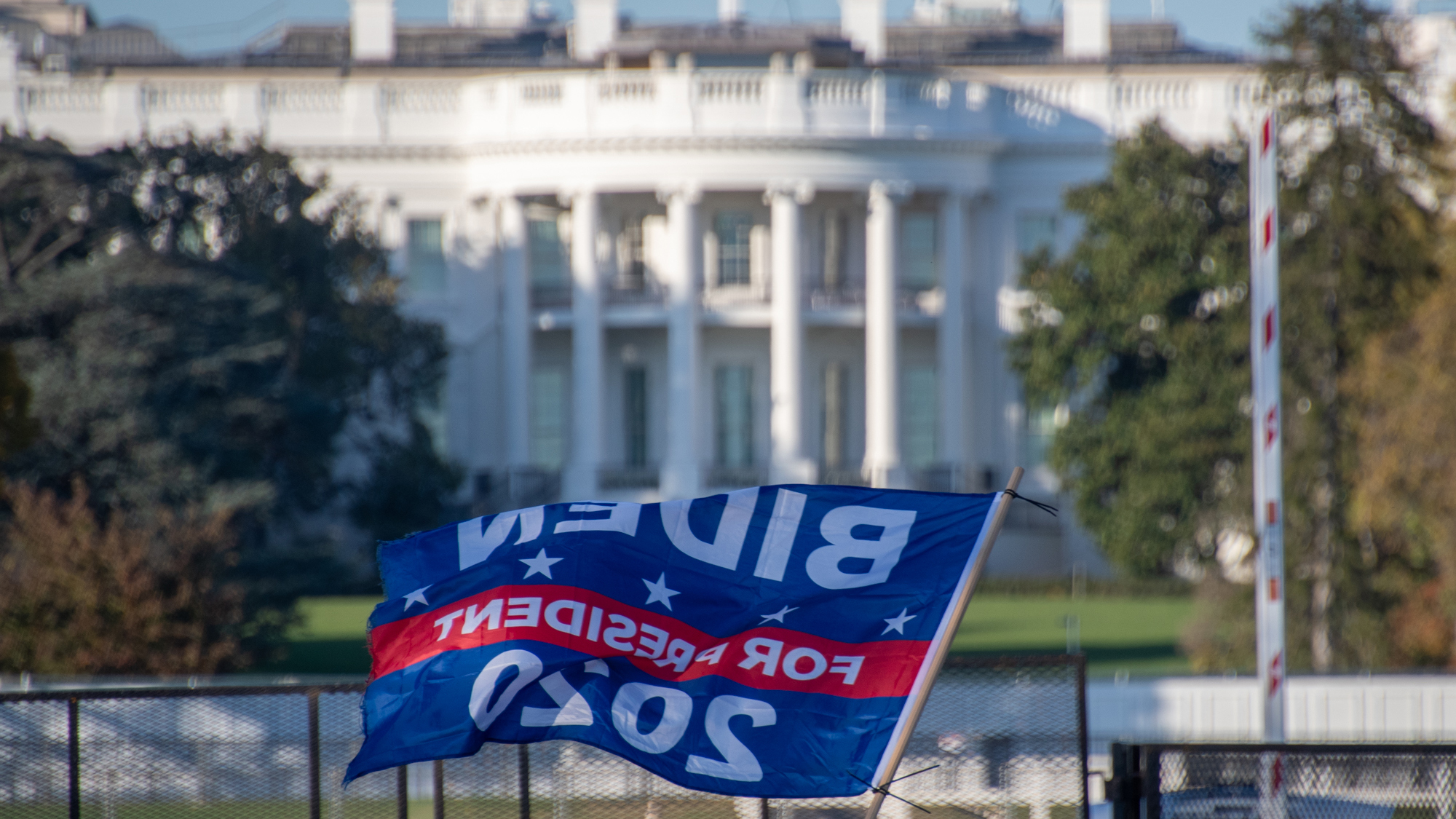Views expressed in opinion columns are the author’s own.
Barring some extraordinary and unprecedented judicial interference, the United States will have a Democratic president in office by early 2021. However, it’s important that the Democratic Party does not see this victory as an overwhelming popular mandate for their actions. In fact, other than the Biden campaign’s tremendously important victory, this election was a failure for Democrats.
In one of the clearest opportunities to secure a majority in the Senate — and thus an elected monopoly in the federal government — the Democrats fumbled the bag. While they secured victories in Arizona and Michigan, they failed to pick up achievable seats in Maine, Montana, Iowa, South Carolina, North Carolina and, very possibly, both seats in Georgia.
The outlook for the House of Representatives isn’t much better. While the Democrats are expected to keep their majority, they should see it actually shrink, as several Democratic freshmen lost their seats to Republican challengers — despite pre-election projections that saw Democrats picking up seats in the House.
Now, some may claim that this was simply a bad election for congressional Democrats. They may argue that Joe Biden’s victory demonstrates the Democratic Party is still on the right path, and the tightening of the legislative branch is simply the natural result of having a competitive two-party system. However, this ignores the greater context surrounding this election.
Entering his reelection year, Donald Trump was the most unpopular president since Nixon-pardoner Gerald Ford. He mismanaged a pandemic — which has led to nearly 10 million cases and almost 250,000 deaths in the United States alone — that ravaged the American economy and devastated Black and Hispanic communities.
So we must ask ourselves: Why did the Democratic Party struggle so much, despite the perfect storm that could have helped it?
First, the Democratic Party is obsessed with the old-school model of elections, which involves convincing centrists to support their candidates. They target this relatively small portion of the electorate and compromise their ideals to appeal to white, working-class voters in Ohio. By doing this, the Democratic Party ignores Black and Hispanic voters, as these politicians simply assume they’ll get their vote. These groups can feel the Democrats do not represent them, because the party pays them no attention. And the Black and Hispanic shares of the population are set to expand, while the white shares will decrease — meaning the Democrats are pining after a group that becomes less and less important as time goes on. Since they’re always thinking about the next election, Democrats focus on appealing to white moderates while leaving marginalized voters out to dry. Thus, this election saw even more Hispanic and Black voters support Trump than in 2016.
Second, many voters were frustrated with Democratic candidates’ refusal to run a campaign based on the issues. Biden instead focused on an “empathy and compassion” effort that was intended to directly contrast with Trump’s leadership style. This is a larger issue with the party: It’s often difficult to tell what it believes in. When the Democratic establishment does come together on policy platforms, it is often at odds with the will of the people.
Take the case of Medicare for All. Neither President-elect Biden nor House Speaker Nancy Pelosi support the program, despite the policy’s approval from 69 percent of all voters and 88 percent of Democrats. In the Democrats’ playbook, opposing Medicare for All would appeal to centrists and conservative Democrats, a clear example of the party ignoring the will of the people to try and win an election. But this idea backfired — every House Democrat in a swing district who supported Medicare for All won their race, while eight incumbent Democrats who opposed the policy lost their seats.
The current Democratic establishment is more concerned about staying in power than representing the people. This cannot be allowed to continue.
Getting Donald Trump out of office was an incredibly important first step to improving this country. But now that Biden is the president-elect, we must push for greater accountability from the Democratic Party. Since the party has both failed to represent the people and failed to maintain electoral power, it’s time for new leadership at the highest levels.
Individuals like Speaker Pelosi are actively antagonistic to the growing progressive wing of the Democratic Party, as they see them as a greater threat to their existence than establishment Republicans. Instead of appealing to white centrists, Democrats must focus on mobilizing new voters by supporting and passing progressive policies that actually help them. And if the Democratic Party doesn’t elect new congressional leaders that come to terms with this fact, it won’t come close to replicating its electoral “success” in 2022 and beyond.
Jake Foley-Keene is a junior government and politics major. He can be reached at jakefoleykeene@gmail.com.



